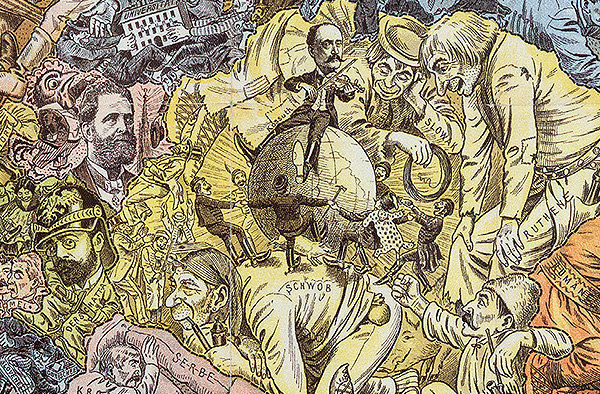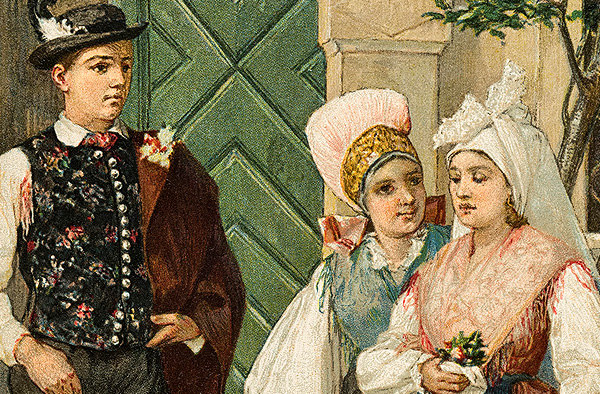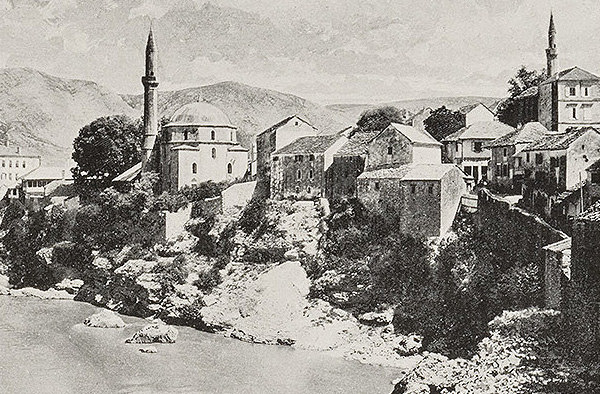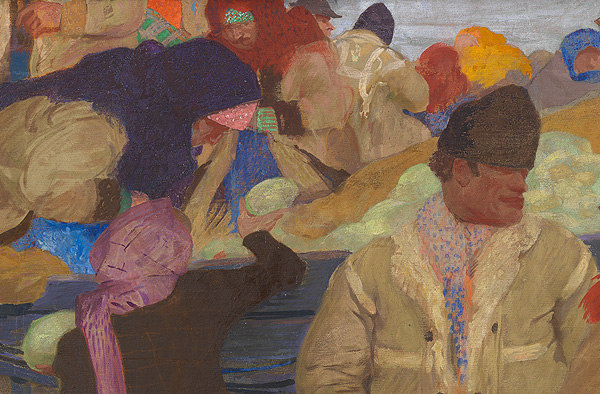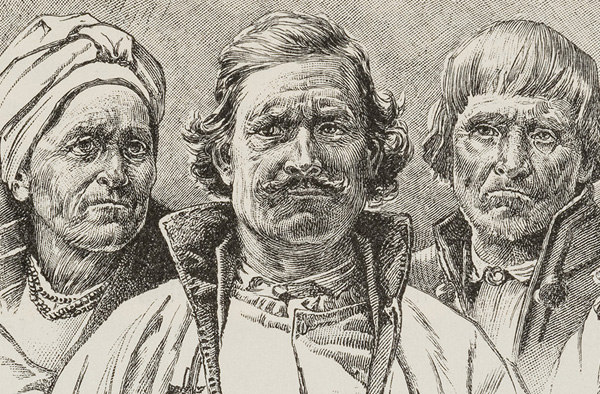National separation or melting pot – (misguided) paths out of nationalism
In the Habsburg Monarchy, the process of becoming a nation occurred later than in Western Europe, and coincided with the process of democratisation, in which the mass of the people gained a share in political power for the first time. This overlap resulted in a significant increase in the potential for conflict. Populism aimed at the masses undermined any fact-focused politics, and unrestrained demagogy manoeuvred political leaders of the individual nationalities into unrealistic extremist positions that they were subsequently unable to abandon.

